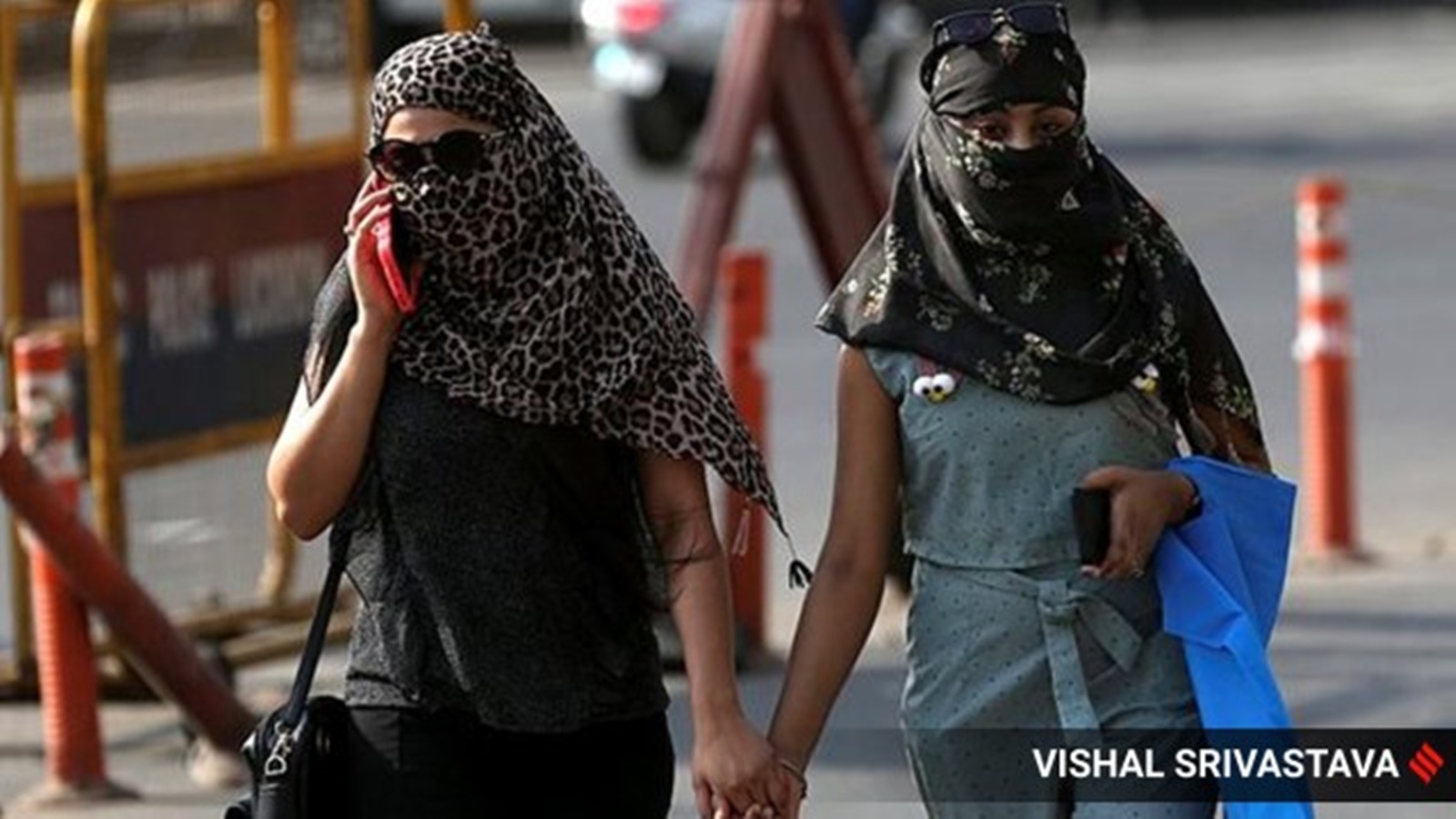Sun’s out, buns…out? Not quite. Summer’s scorching heat can wreak havoc on your digestive system, leaving you feeling more like a beached whale than a beach babe.
Dehydration, electrolyte imbalances, and dietary shifts all conspire to disrupt your gut health during the hottest months. This can devolve into a heat stroke or even put you at risk of food poisoning. We employed the help of Dr Rajeev Gupta, Director – Internal Medicine at the CK Birla Hospital, Delhi, to help us understand how to differentiate between the two.
How to differentiate between the symptoms of heat stroke and food poisoning in summer?
Differentiating between heat stroke and food poisoning in summer is crucial for timely intervention, said Dr Gupta.
- Heat stroke symptoms include high body temperature (above 103°F/39.4°C), altered mental status (confusion, agitation), hot and dry skin (lack of sweating), rapid heartbeat, and potentially unconsciousness.
- Conversely, food poisoning typically presents with symptoms such as nausea, vomiting, diarrhoea, abdominal pain, and sometimes fever.
While both conditions can cause dehydration, heat stroke is distinguished by the absence of sweating despite high body temperature, which is not a feature of food poisoning, according to Dr Gupta.

Are some people more at risk of them than others?
Infants, young children, the elderly, individuals with cardiovascular diseases, chronic respiratory conditions, liver or kidney disease, and those on certain medications (like diuretics) are at higher risk of heat-caused illnesses. These populations may have compromised abilities to regulate body temperature or adapt to heat, putting them at higher risk of heat stroke, organ dysfunction, and mortality during extreme heat waves, said Dr Gupta.
How can you safeguard from these illnesses?
To safeguard against the adverse effects of extreme heat:
* Stay hydrated by drinking plenty of fluids (preferably water).
* Limit outdoor activities during peak heat hours and seek shade when outdoors.
* Wear lightweight, loose-fitting clothing and use sunscreen.
* Use fans or air conditioning to cool indoor spaces.
* Check on vulnerable individuals, such as the elderly or those with chronic illnesses, to ensure they are staying cool and hydrated.
© IE Online Media Services Pvt Ltd
First uploaded on: 24-06-2024 at 10:30 IST






